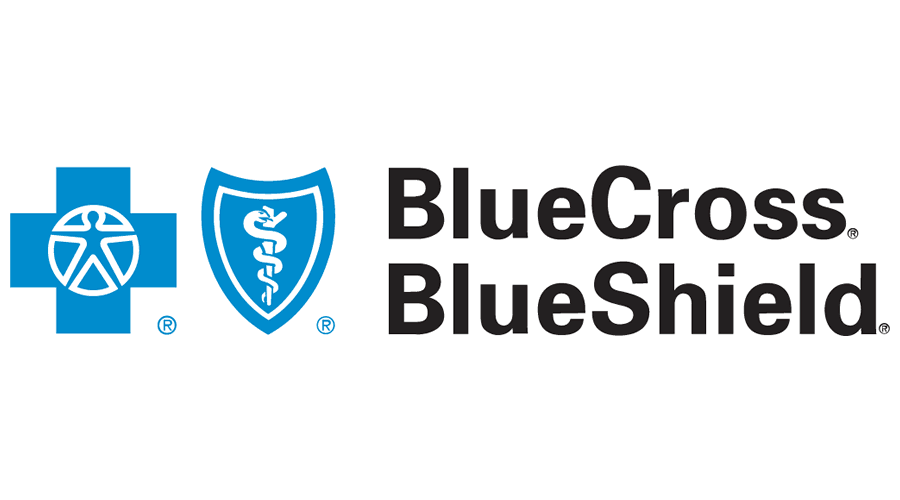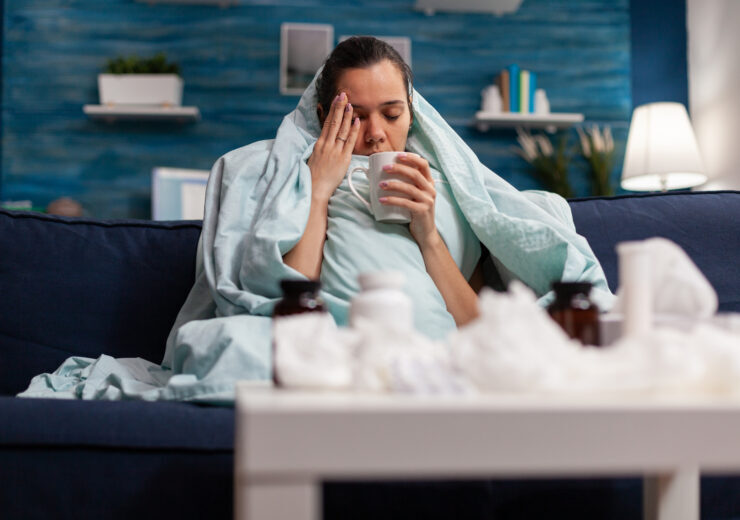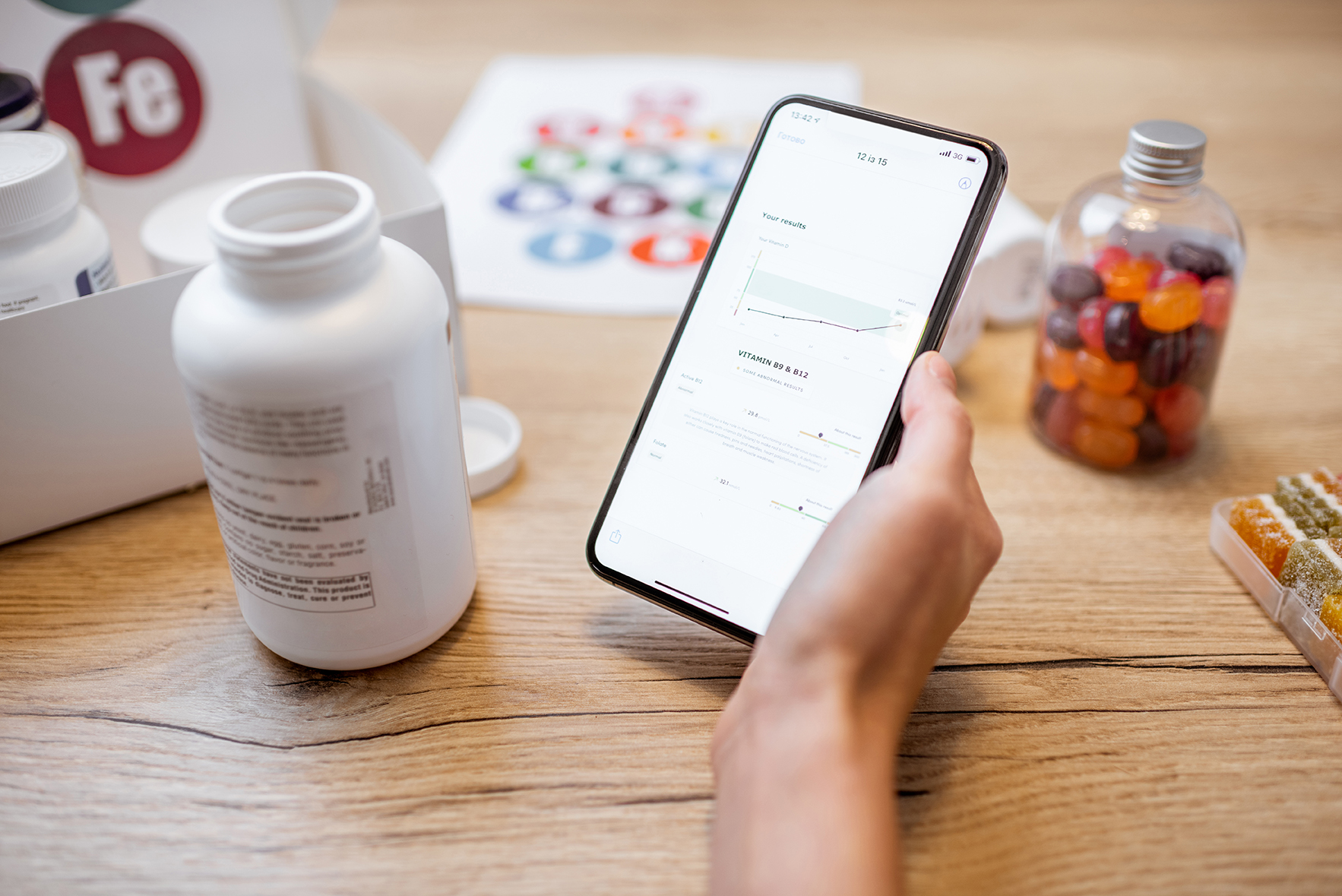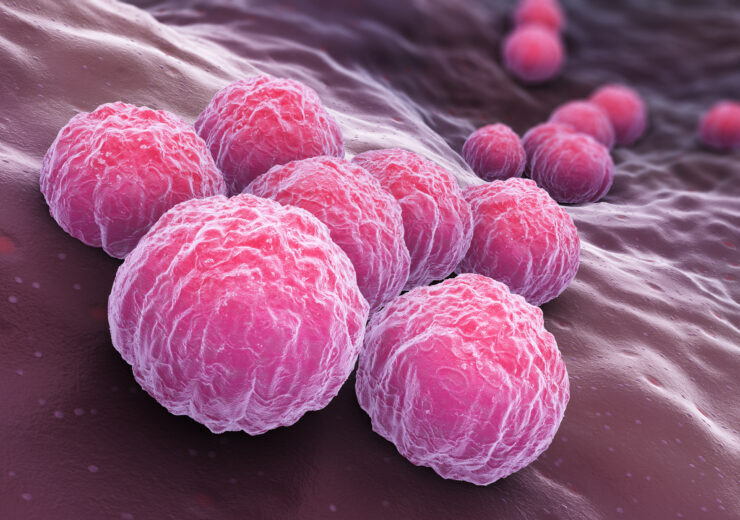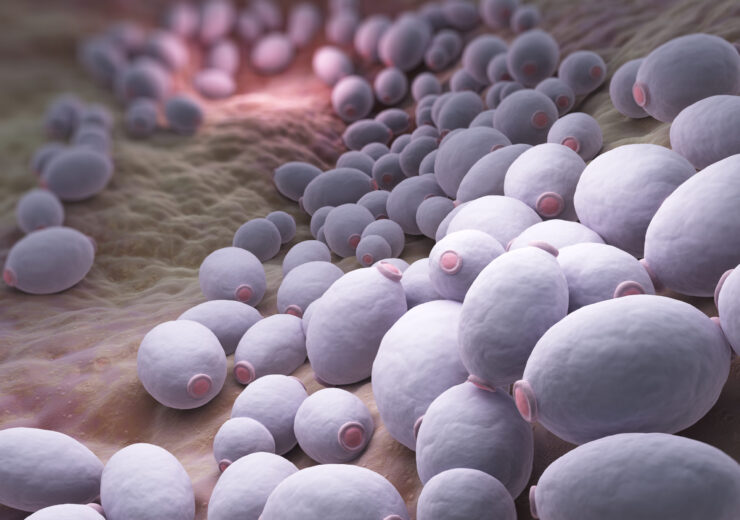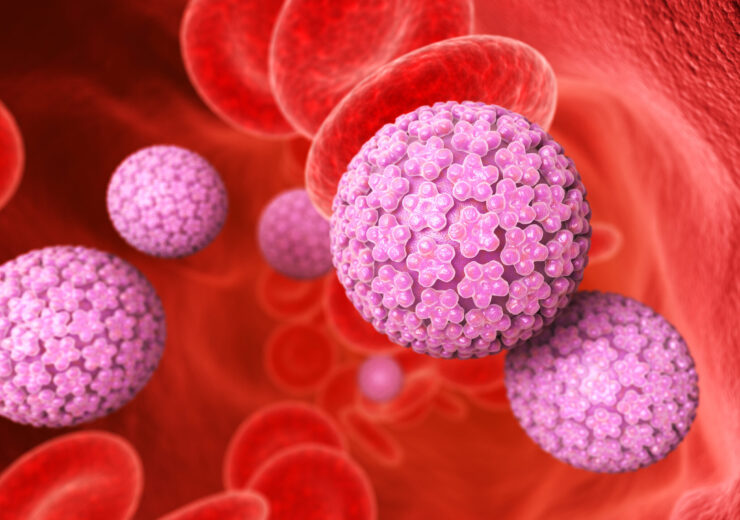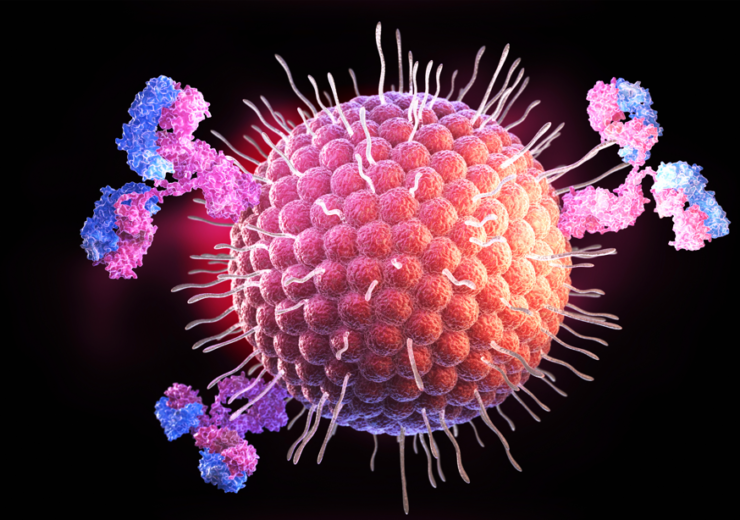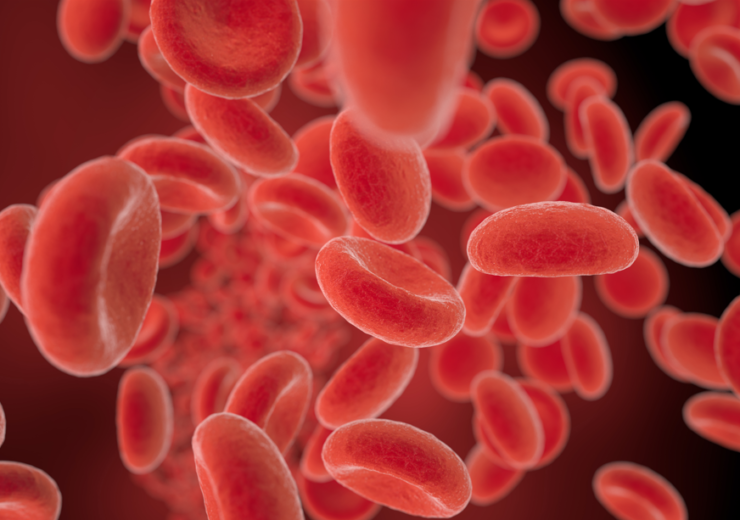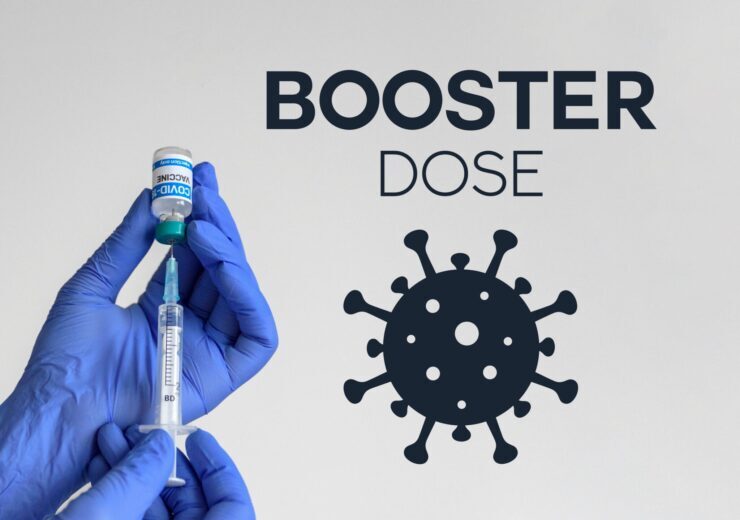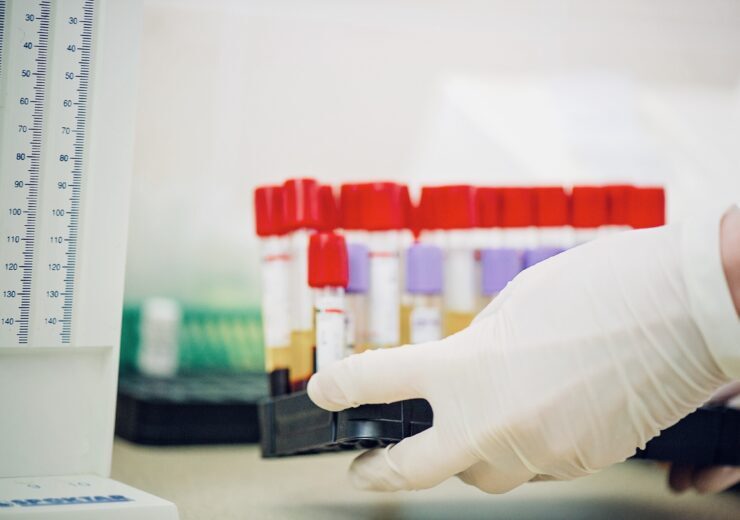Cold and Flu Treatment and Prevention
It’s important that you seek medical attention at the first signs of a cold or flu. While it might feel mild now, if left untreated it could be the beginning of something more severe.
Acting fast is the best way to protect yourself. Early detection and treatment can prevent mild symptoms from turning into severe flu, bronchitis, a sinus infection, or even pneumonia. ERC offers comprehensive care for cold and flu treatment and prevention.
If you’re worried you might be sick, we encourage you to set up an appointment as soon as possible. Antiviral medications can stop the virus from replicating itself and shorten the time you’re sick. There’s no reason to feel miserable any longer than you have to.
- Runny or stuffy nose.
- Sore or scratchy throat.
- Cough.
- Sneezing.
- Generally feeling unwell.
- Slight body aches or a mild headache.
- Low-grade fever.
It’s important to see a doctor or seek medical guidance if you’re experiencing any of the listed symptoms.
- Symptoms that get worse or do not get better.
- Fever greater than 101.3 degrees Fahrenheit (38.5 degrees Celsius) that lasts more than three days.
- Fever returning after a fever-free period.
- Shortness of breath.
- Wheezing.
- Intense sore throat, headache or sinus pain.
- Wash your hands. Wash your hands well and often with soap and water for at least 20 seconds. If soap and water aren’t available, use an alcohol-based hand sanitizer with at least 60% alcohol. Teach your children the importance of hand-washing. Try not to touch your eyes, nose or mouth with unwashed hands.
- Clean and disinfect. Clean and disinfect surfaces that are touched often. These include doorknobs, light switches, electronics, and kitchen and bathroom countertops. This is especially important when someone in your family has a cold. Wash children’s toys often.
- Cover your cough. Sneeze and cough into tissues. Throw away used tissues right away, and then wash your hands. If you don’t have a tissue, sneeze or cough into the bend of your elbow, and then wash your hands.
- Don’t share. Don’t share drinking glasses or silverware with other family members.
- Stay away from people with colds. Avoid close contact with anyone who has a cold. Stay out of crowds when possible. Try not to touch your eyes, nose and mouth when you’re in crowds.
- Review your child care center’s policies. Look for a child care setting with good hygiene practices and clear policies about keeping sick children at home.
- Take care of yourself. Eat well, exercise and get plenty of sleep to help you stay healthy.
- Protect Yourself. Stay safe during flu season by getting vaccinated. Free vaccinations are available for most people.
Taking the right action when you have a cold or flu is extremely important to your overall health. It’s not something you want to just hope goes away. Because the longer the wait, the worse it can get. Schedule an appointment with us today.
Testing
Prevention
Treatment
Vaccinations


